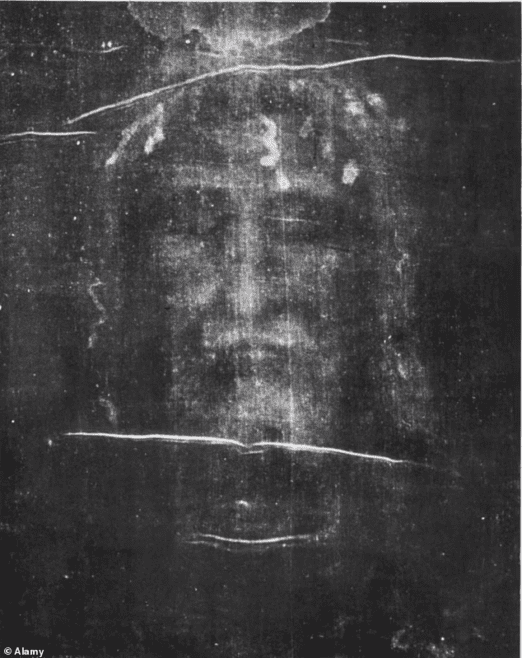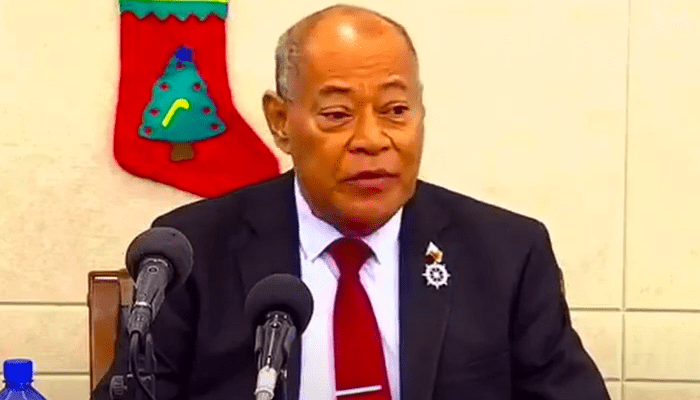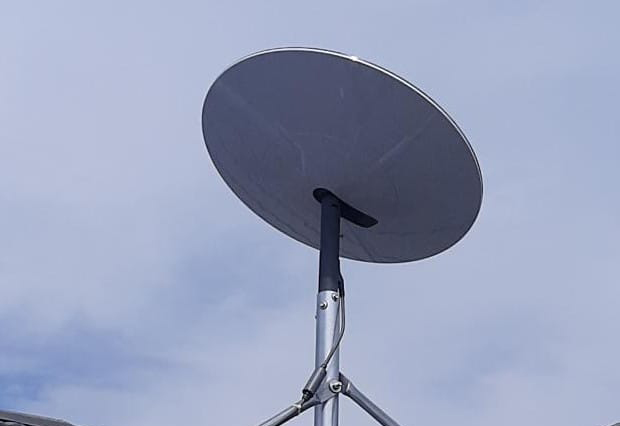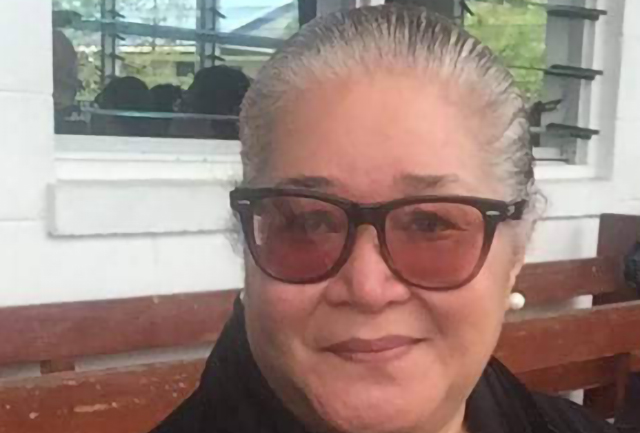EDITORIAL: The sudden resignation of Tonga’s former Prime Minister, leading to the kingdom’s search for a new government leader, has revealed apparent ramifications previously predicted in a report by a Commonwealth expert a decade ago.

It highlights the far-reaching negative consequences of a political instability interwoven with efforts to centralise power.
Since the implementation of democratic reform in 2010, considerable evidence suggests that the subsequent political upheavals have arisen from deficiencies within our constitution.
Power struggle
The former Prime Minister Hu’akavameiliku recently expressed concerns about his prerogatives as the prime minister provided by the constitution. In his speech announcing his resignation in the House, he implied that the king’s continued efforts to circumvent the constitution to intervene in daily government operations significantly impeded his capacity to govern independently.
I have consistently maintained that the king is actively engaged in efforts to undermine the 2010 democratic reform initiatives, demonstrating a clear intention to restore his authority by seizing as many executive powers as possible.
We have seen this in His Majesty’s recent letters to Hu’akavameiliku and his Cabinet, showing his loss of confidence and trust in their performance despite this not being addressed within the framework of the constitution.
The former Hu’akavameiliku government, in one of its responses to the king’s concerns, mentioned advice from the king’s appointed Attorney-General Linda Folaumoetu’i that the Privy Council’s letter stating the King’s concerns was “unconstitutional”.
There was also an incident of constitutional stalemate when the king reportedly chose not to appoint Hu’akavameiliku’s nomination of a new Minister of Fisheries.
Notably, the reform of 2010 was based on the agreement between the people and the late King George V to relinquish his executive powers to a people-elected government.
Executive powers
So, what is executive power?
Executive power is simply the authority given to government officials to enforce laws, make policy, and manage the day-to-day operations of the government.
When King George Tupou V announced the release of his authority, the media characterized this action as the king “voluntarily surrendering his powers to meet the democratic aspirations of many of his people.”
The agreement reflects a significant transformation in Tonga’s governance, moving away from an absolute monarchy to a more democratic political system.
This shift aims to enhance political participation and representation so that taxpayers can run their government and hold its leaders accountable.
Clauses 51 to 55 of our constitution clearly illustrate this significant transition in power, shifting executive authority from the monarchy to a Prime Minister who the people elect.
Constitution reviewed
Peter Pursgloves, a recognized expert in Commonwealth Constitutional law, was engaged in 2012 by Tonga’s inaugural democratic government, the nobility-backed administration of Lord Tu’ivakanō, to evaluate the nation’s first democratic structure.
They undertook this course of action upon realizing substantial deficiencies in the constitution and its inability to facilitate the anticipated democratic framework.
In his report to the Tongan parliament and a copy was submitted to the king, Mr Pursglove highlighted several important points:
He said Tonga’s 2010 constitution is poorly written, promotes secrecy, has compromised the role of the judiciary and parts of it may be illegal.
- Tonga’s 2010 constitution does not uphold democracy
- The Privy Council lacks any democratic composition or accountability
- The judiciary lacks accountability and transparency.
- Changes to the judiciary are inefficient, ineffective, unaffordable and possibly illegal.
- No public discussions were held regarding the reforms to the judiciary or why they were considered necessary.
“The present Constitution of Tonga can lay claim to being the most poorly structured and drafted Constitution of any Country in the Commonwealth,” the report says.
A decade has passed since Mr Pursglove unveiled his groundbreaking findings, yet the issues he identified have only intensified in significance.
The political landscape of the kingdom now faces a multitude of complexities. These interwoven problems remain increasingly unresolved, casting a long shadow over the government, which relies heavily on foreign donors for more than 50 per cent of its annual budget.
As lawmakers grapple with these escalating challenges, particularly these series of questionable votes of no-confidence motions since 2010, it becomes increasingly evident that the ramifications of our poorly written constitution are more critical than ever, demanding urgent attention and decisive action from those in power.
Tips of the iceberg
Since the democratic reforms of 2010, all four Prime Ministers—including Lord Tu’ivakano, ‘Akilisi Pohiva, Pohiva Tu’i’onetoa, and Hon Hu’akavameiliku—have expressed similar concerns regarding the constitution’s inconsistencies and the implications of the monarchy’s ongoing involvement and influence in governance.
Lord Tu’ivakano initiated the Pursgrlive review. ‘Akilisi Pōhiva accused the king of breaching the constitution, among others, by disregarding his requests to meet to update him about the daily operation of the government. Tu’i’onetoa asked the king that he, as the prime minister, become a member of the Privy Council so that he could update him directly on government operations, but the king declined his request. He also raised his concerns with the king about the Minister of Police’s lack of prerogatives, according to the constitution, to allow him to get involved in the Ministry’s daily operations. Earlier this month, Hu’akavameiliku implied that he was not independent of the king’s repeated influences and interventions.
It is crucial to understand that a capable leader cannot thrive or achieve meaningful results if their leadership operates within a flawed or inadequate constitutional framework.
These issues represent merely the tip of the iceberg and require immediate attention before any other actions, including searching for an effective leader.
A more pressing concern, however, is that our inadequate constitution has not only negatively impacted the political framework but has also, regrettably, provided avenues for our leaders to act opportunistically. This has led to engagement in activities widely regarded as unlawful and abusing people’s wealth. Unfortunately, the democratic system we currently have lacks the essential mechanisms to hold leaders accountable. This deficiency makes it difficult to bring those in power to justice.
We have seen this in the Tu’i’onetoa government, whose handling of the government’s over $400 million road construction project had been mired in controversy since it was revealed that contracts had gone to friends of the government, including Tu’i’onetoa’s People’s Party (PAK – Paati ‘A e Kakai) bigwig and convicted criminal ‘Etuate Lavulavu. The current Minister for Infrastructure alleged millions of dollars remain unaccounted for.
We also experienced this in the Hu’akavameiliku government after he was accused of brazenly rewarding his two outgoing ministers, who the Supreme Court had convicted of electoral bribery, with other government posts. He has also been charged with increasing the budget by more than 50 per cent to support his Cabinet Ministers’ global travels. He had also been accused of his involvement with Lulutai Airlines, which was linked to millions in loans that have been classified as imprudent due to the airline’s consistent financial losses,
The new goverment
The prospect of the new government’s potential to surpass the performance of the previous Hu’akavameiliku administration is somewhat discouraging. The reason for this is the inadequacy of our current constitution and democratic framework.
The expected newly established government seems prepared to prioritize the preferences and directives of the monarch over the principles of democratic governance and the constitution.
This style of governance will maintain and strengthen the political challenges experienced since the 2010 democratic reforms.
We now need a leader who dares to approach the king to discuss Pursglove’s recommendations for our democracy and constitution.
The country is in dire need of a leader who can uplift the government from its current state of turmoil and prevent a complete collapse.
Someone must take bold action, provide direction and strategy, and at the same time, communicate with the king efficiently in terms of our democracy and constitutional challenges.
This leader should be unafraid and never bow to our traditions of unnecessarily feeling intimidated (mālū’ia) by the king’s presence and authorities.
Our current challenging political situation may endure for centuries if we continue our failure to fix the constitutional and democratic issues first.














